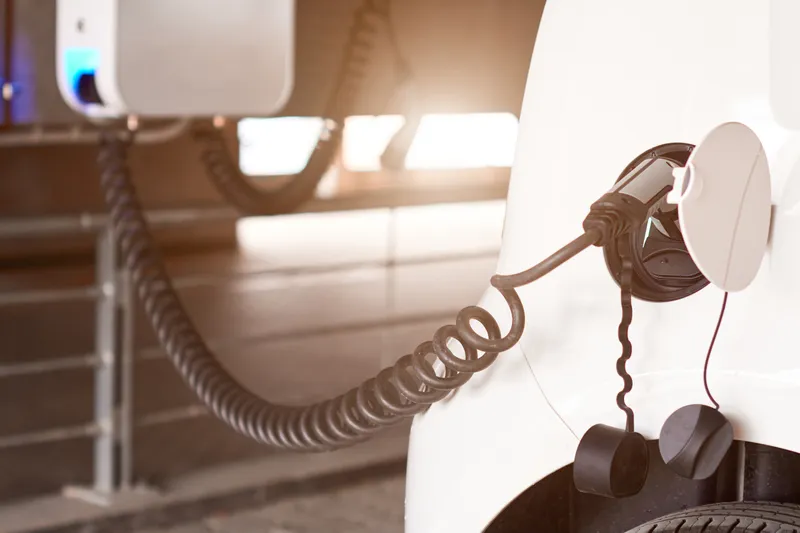
Prime minister Boris Johnson announced the move at the launch of the UK’s hosting of the 2020 United Nations climate change conference, COP26, due to take place in Glasgow in November.
Johnson said: “Hosting COP26 is an important opportunity for the UK and nations across the globe to step up in the fight against climate change. As we set out our plans to hit our ambitious 2050 net zero target across this year, so we shall urge others to join us in pledging net zero emissions.”
The government says it will also continue working with all sectors of industry to accelerate the rollout of zero-emission vehicles.
Transport secretary Grant Shapps said: “This government’s £1.5bn strategy to make owning an electric vehicle (EV) as easy as possible is working - last year alone, a fully electric car was sold every 15 minutes.”
“We want to go further than ever before,” he continued. “That’s why we are bringing forward our already ambitious target to end the sale of new petrol and diesel cars to tackle climate change and reduce emissions.”
However, there are concerns that the target is unachievable. The Freight Transport Association (FTA) believes power supply is the key issue for logistics firms.
“The depots and homes where vans are currently stationed do not have sufficient power supply to charge the vehicles,” said Christopher Snelling, FTA head of UK policy. “Logistics companies do not control or own this power supply infrastructure. FTA is calling on the government to share its strategy on how it plans to power the UK’s fleet of millions of vans. Until the issue of power supply is resolved, it is very unlikely – in the view of FTA – that 100% of new vans bought after 2035 will be electrically powered.”
A recent study by TRL fount that availability of charging infrastructure “was a major barrier in mainstream consumer adoption of EVs”, with range anxiety and vehicle price also cited as problems.







